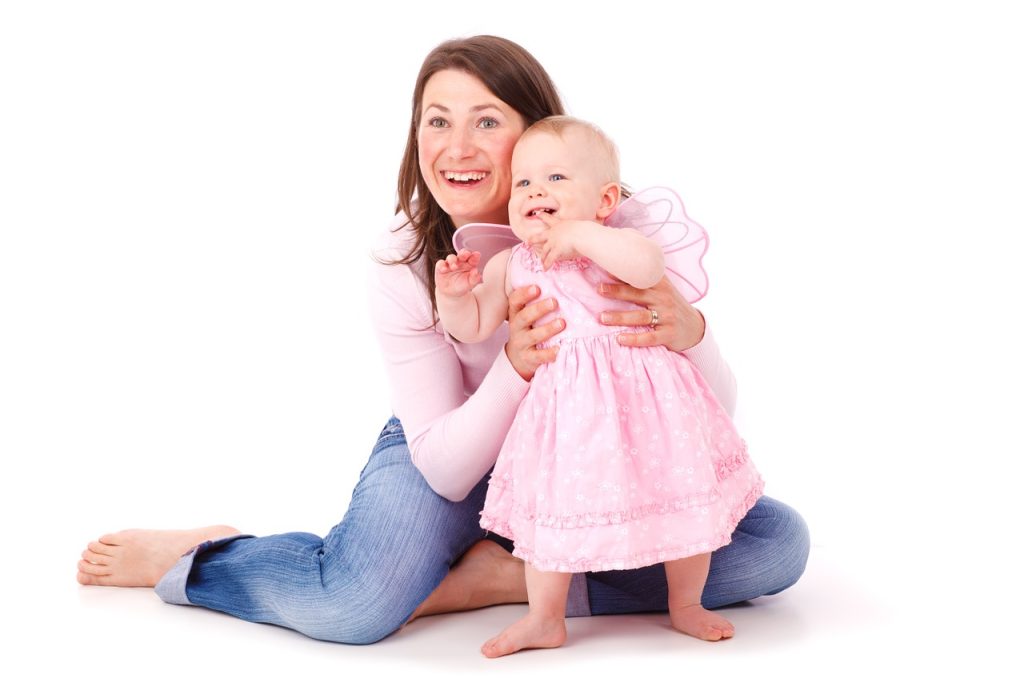Adapting to a new caregiver can be tricky for children of all ages, which they show in different ways so here are some ideas to establish a good connection, smooth the transition and ensure you get off on the right foot.
For babies gently does it. They have no notion of time so when mummy or daddy goes away they think it’s forever, even if they’ve been told it’s just 5 minutes. Spend time working alongside the parents so the little one can see you’re a trusted friend and will happily go to you before their parents go away. Investing in a secure attachment at the start should avoid further separation anxiety in the future. If they do get upset and their parents can’t come back then distract, distract, distract! Pop them in a pram or a sling and go for a walk, make their toys act funny scenes or try a bath. Most little ones love water and will happily splash around for ages.
Toddlers understand time better, but they also understand that if they cry they can sometimes get what they want – which at the start will be their parents staying home. Don’t be offended, or alarmed, if they cry consistently in the morning when you arrive. It’s not that they don’t like you, it’s that they’ve connected you arriving to their parents leaving. Create a special good morning ritual that makes them laugh. In time they’ll look forward to you arriving so they can share that moment with you. Make sure your days are fun packed but follow their routine. Toddlers can get very anxious with too much change so even if would do things differently let them adapt to you first.
Preschoolers are often confident enough to separate from their parents easily so win them over by finding out what their favourite things are in advance and fitting as much as you can into their first few days. Like toddlers they can be sensitive to changes in routine but they also understand that different places and people have different rules, so short of any massive overhauls start as you mean to go on.
School aged children can be the toughest group to connect with. Often you see them in the morning, when they’re still sleepy and it’s a rush to get everyone out the house in time, and at the end of the day when they’re tired and you have the evening routine to get through. Take an interest in them and listen to what they have to say about their day, especially if they have younger siblings who are at home with you all day long. Inject a bit of fun into every day, even if it’s just 5 minutes, so you’re not always the bad cop.
Above all be patient and kind. Children and parents move at their own pace but over time you’ll develop a great bond.




 Nanny:
Nanny: